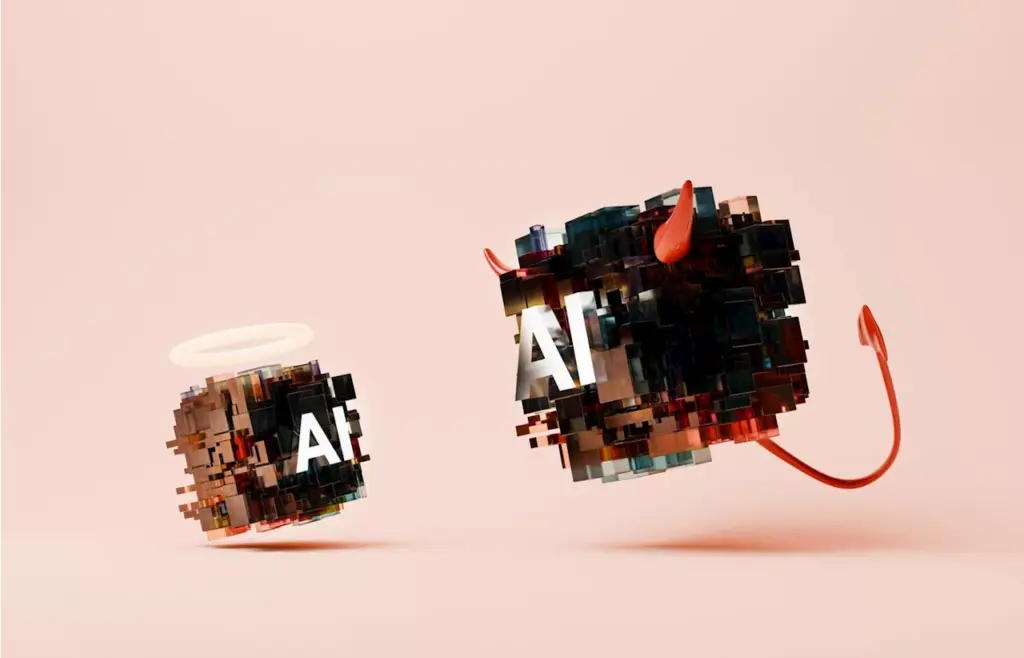
Conversations about artificial intelligence (AI) often reveal a stark divide in public opinion. On one side, there are those who embrace the technology with enthusiasm, envisioning a future where AI enhances daily life. On the other, there are individuals who harbor fears of a dystopian future reminiscent of the fictional SKYNET. This tension reflects deeper societal issues and concerns about how Gen AI will shape our cognitive abilities and daily lives.
The dialogue around Gen AI often mirrors these extremes, oscillating between utopian visions, such as a world where robots manage mundane tasks, and dystopian fears of machines overtaking human thought. As individuals engage in these discussions, it becomes evident that many fall into two distinct camps: AI enthusiasts and those who view it with trepidation. While personal experiences shape these views, broader societal shifts are also at play.
Understanding the mental landscape of our times is crucial. Many people feel overwhelmed by the sheer volume of information available, leading to a preference for quick solutions rather than deep engagement with complex ideas. This pattern can be attributed to a growing reliance on technology to simplify tasks and provide answers, often at the expense of critical thinking.
The impact of Gen AI on cognitive development, particularly among younger generations, raises important questions. Research suggests that prolonged reliance on AI tools may hinder the development of mental agility, especially in children and adolescents. Older individuals may have a more established cognitive framework, but the risk remains that younger people could become dependent on AI for problem-solving and creative thinking.
As we integrate Gen AI into our lives, it is essential to acknowledge its potential effects on our cognitive faculties. While the technology can serve as a valuable tool, it is imperative to maintain a balance. Engaging in challenging projects that stimulate mental effort is crucial for cognitive health. The temptation to allow AI to take the lead in our thinking processes could ultimately diminish our intellectual capabilities.
Many compare Gen AI to earlier technological advancements, such as calculators and automation, which have enhanced our productivity. While there is merit in this argument, Gen AI differs fundamentally. It does not merely augment our computational abilities; it has the potential to alter our very approach to thinking. Allowing AI to dictate our cognitive processes risks reducing our capacity for innovation and creativity.
The current era presents both challenges and opportunities. As we navigate this landscape, we must strive to become “super-thinkers,” leveraging AI as a partner in our cognitive endeavors rather than a replacement for our thought processes. The essence of human innovation lies in our ability to conceive new ideas and realities—qualities that AI cannot replicate.
While the fear of a SKYNET-like future looms large in popular culture, a more pressing concern is the possibility of complacency in our cognitive lives. The danger lies not in machines taking over, but in our passive acceptance of their role in our thinking. It is vital to remember that while AI can process information, it lacks the capacity for true comprehension and creativity.
Looking forward, the path to a productive relationship with AI involves introspection and active engagement with our cognitive abilities. We must cultivate the unique human traits that set us apart from machines, fostering our capacity for innovation and critical thought. By doing so, we can ensure that AI serves as a tool for enhancement rather than a crutch that diminishes our mental faculties.
As society continues to grapple with the implications of Gen AI, it is essential to engage in thoughtful discussions and promote cognitive resilience. Embracing the challenges posed by this technology can help us uncover our true potential as thinkers and creators, ultimately shaping a future where humanity and AI coexist harmoniously.







